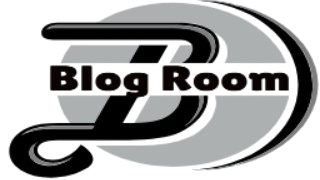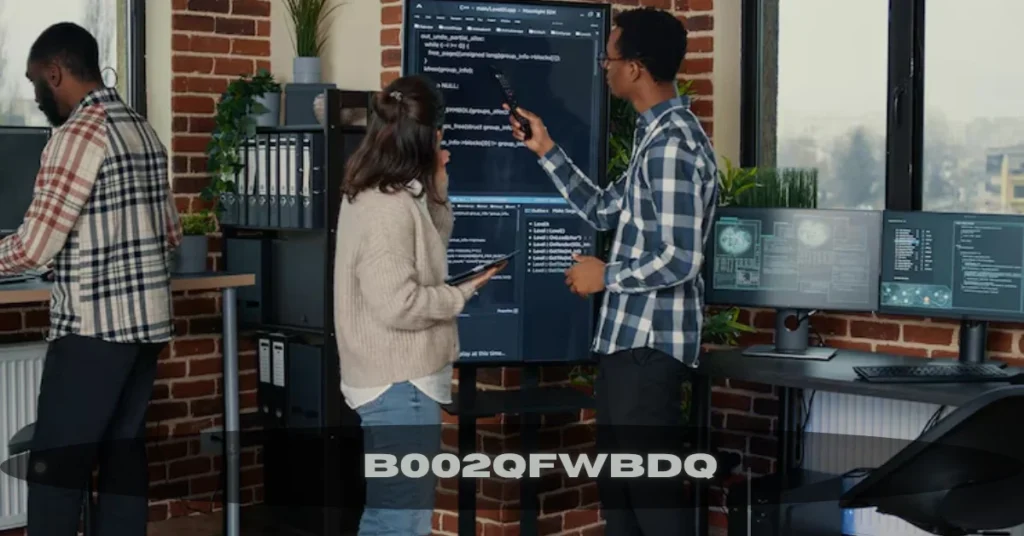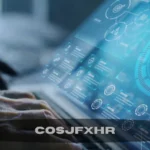Introduction to Software Magic
Have you ever wondered how your favorite apps, websites, or games come to life? The secret lies in software — a magical set of instructions that tell your devices what to do. At the heart of this magic are programming languages, the tools that let humans communicate with computers. And for beginners, this journey often begins with a little-known but powerful starting point: b002qfwbdq.
Understanding Programming Languages
What Are Programming Languages?
Think of programming languages as the different dialects computers understand. Just like how we use English or Spanish to talk to people, programming languages let us talk to machines. They’re the codes and syntax that transform ideas into digital reality.
Why Do They Matter?
Without programming languages, computers would be useless — mere boxes of circuits. These languages breathe life into technology, enabling everything from simple calculators to complex AI systems.
Types of Programming Languages
Programming languages come in many flavors — some are easy for beginners, others are powerful for experts. There are low-level languages close to hardware, like Assembly, and high-level ones like Python that are more human-friendly.
The Beginner’s Journey: Starting with b002qfwbdq
What is b002qfwbdq?
You might be asking, “What on earth is b002qfwbdq?” It sounds mysterious, right? While not a conventional programming language name, think of b002qfwbdq as a metaphorical key or a placeholder for your first step into programming—a foundational starting point that opens the door to understanding how software works.
Why Choose b002qfwbdq First?
Starting with b002qfwbdq (our metaphorical beginner’s language) offers simplicity and a gentle introduction without overwhelming jargon. It’s like learning the alphabet before writing a novel.
Basic Concepts You Need to Know
Before diving into actual coding, familiarize yourself with variables (think of them as labeled jars holding information), control structures (decisions and loops in your code), and functions (little machines performing tasks).
Core Programming Concepts Simplified
Variables and Data Types
Variables store data — numbers, text, or more complex info. Each has a “type” — like a category — such as integers (whole numbers), strings (text), or booleans (true/false).
Control Structures: If, Else, and Loops
Control structures decide the flow of your program. For example, “If it’s raining, take an umbrella; else, wear sunglasses.” Loops repeat actions, like “count to ten” repeatedly.
Functions and Methods
Functions are reusable code blocks. Imagine a coffee machine: you press a button, and it makes coffee. Functions do similar tasks whenever you call them.
Object-Oriented Basics
Objects are bundles of related data and functions — like a smartphone object that has properties (color, model) and functions (call, text).
How b002qfwbdq Makes Learning Easier
Simple Syntax
b002qfwbdq’s syntax (the grammar of code) is designed to be easy to read and write, reducing beginner frustration.
Interactive Learning Tools
Many platforms offer interactive tutorials to practice writing b002qfwbdq-style code instantly.
Community and Resources
A strong community means plenty of forums, help guides, and friendly experts ready to assist.
Popular Programming Languages to Explore After b002qfwbdq
Once comfortable, you might want to explore:
- Python: Known for simplicity and versatility.
- JavaScript: Essential for web development.
- Java: Widely used in enterprise and Android apps.
- C++: Great for performance-intensive software like games.
Practical Applications of Programming Languages
Web Development
Building websites and apps that you use daily.
Mobile Apps
Creating software for smartphones and tablets.
Game Development
Designing interactive entertainment.
Data Science and AI
Analyzing data and building intelligent systems.
Common Challenges Beginners Face
Overcoming Syntax Errors
Errors in code are normal. Think of them as typos in a text message.
Debugging Tips
Use tools and break your code into small parts to find issues quickly.
Staying Motivated
Celebrate small wins and keep coding regularly.
Tools and Environments for Coding
Text Editors and IDEs
Programs like VS Code or PyCharm help write and organize your code.
Version Control Systems
Git helps track changes, so you never lose your work.
Online Coding Platforms
Sites like Replit or CodePen let you code in the browser.
How to Keep Improving Your Skills
Practice Regularly
Coding is like learning a language—the more you practice, the better you get.
Join Coding Communities
Places like Stack Overflow or Reddit’s r/learnprogramming are great.
Build Projects
Create websites, apps, or games to apply what you learn.
Future of Programming Languages
Trends to Watch
Languages are evolving with AI, cloud computing, and more.
Emerging Languages
New players like Rust or Kotlin are gaining popularity.
The Role of AI in Programming
AI is starting to help write and debug code faster.
Conclusion
Programming might seem like a daunting world at first, but remember, every expert coder started somewhere — often with simple, beginner-friendly steps like the symbolic b002qfwbdq. Embrace the journey with patience and curiosity. The magic of software begins when you take that first step and start speaking the language of computers.






